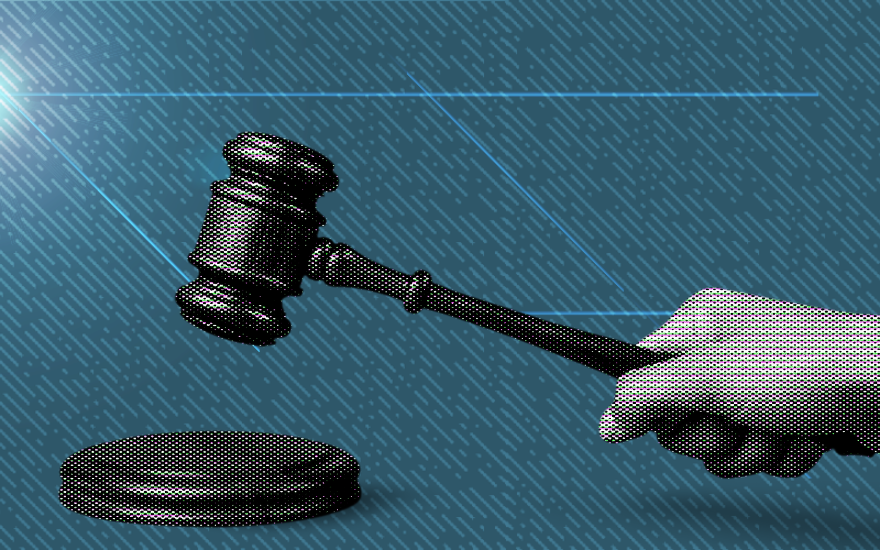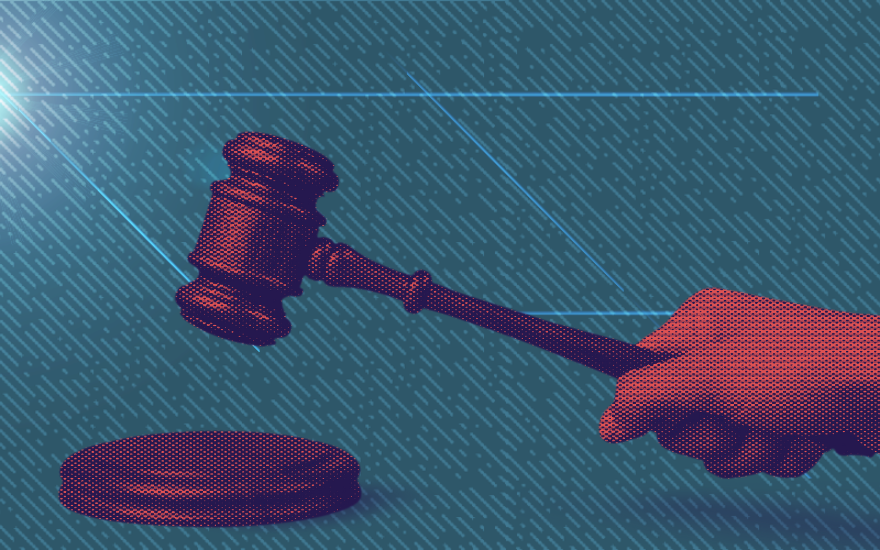Judge Aileen Cannon signed an order making Aug. 14 a tentative date to begin the trial — just a week-and-a-half before the first Republican primary debate takes place in Milwaukee Wisconsin. As outlined in the order, attorneys may (and are likely to) request a continuance, pushing commencement of the trial to a later date for a number of reasons, including obtaining security clearances. Last week, Cannon directed attorneys handling the case to petition the Department of Justice to expedite the process of getting the appropriate security clearance needed to view the sensitive documents involved in the case. If attorneys representing Trump have not received clearances by the time the trial is slated to begin, they may request a continuance to delay the trial while the DOJ’s investigatory work continues. Also, because of the complexities surrounding the case, defense attorneys or federal prosecutors could seek to push back the start date to allow more time for discovery or to give them more time to present a sufficient defense. Carl Tobias, a federal trial expert at the University of Richmond School of Law, says he does not believe the Aug. 14 date is realistic. “Judge Cannon deserves credit for attempting to expedite the trial and for being responsive to Jack Smith's request for a speedy trial," Tobias told USA Today. "But Trump and his counsel will do everything possible to delay the trial as long as possible." Cannon’s order follows a separate order from another judge requiring an attorney to be present for Trump to view documents included in the discovery process. Trump was recently indicted on 37 counts, 31 of which were related to the retention of classified material. The other six charges are conspiracy to obstruct justice; withholding a document related to national defense; corruptly concealing a document related to national defense; concealing a document in a federal investigation; scheming to conceal relevant information or evidence from law enforcement; and making false statements or representations to law enforcement. Throughout the ordeal, Trump and his backers have remained consistent in their position that Trump had plenary declassification authority, which allowed him the ability to declassify any material, at any time, in any manner of his own choosing. A 1988 U.S. Supreme Court decision is the foundation for Trump's plenary declassification ability. As noted in a 2006 congressional report, classification standards vested in the president tend to change whenever a new administration takes control of the White House. “The differences between the standards of one administration and the next have often been dramatic,” with administrations often being at variance with one another and even outright reversing classification policies of a prior administration.An initial trial date has been set in the case involving classified documents retrieved from the Palm Beach, Florida estate of former President Donald Trump.
Loading...
An August start date could also overlap with the expected announcement of additional criminal charges against Trump filed in Georgia by prosecutor Fani Willis, who has been investigating whether individuals on Trump's team may have violated the law in their handling of events following the 2020 election.

